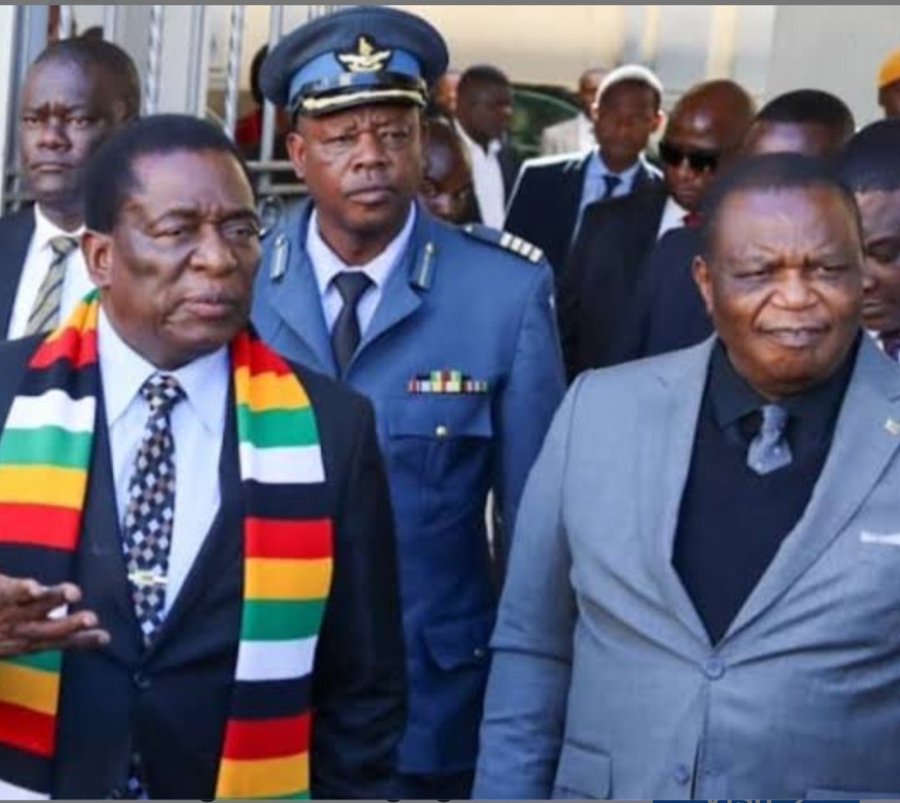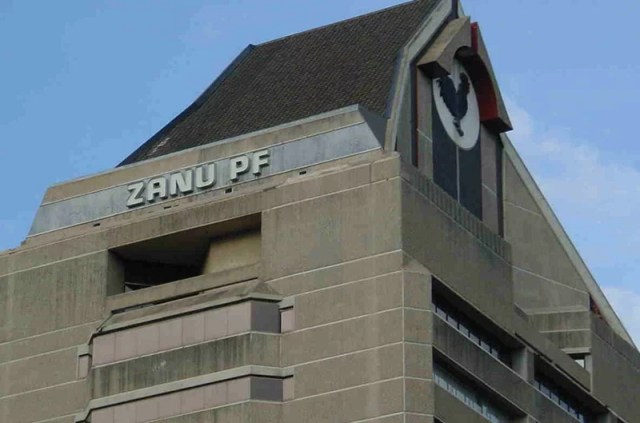ZIMBABWE UNDER PRESSURE AS GOVERNMENT USES MILITARY TO CONTROL UNREST

The Zimbabwean government’s decision to send soldiers to maintain law and order before the Southern African Development Community (SADC) summit has sparked a lot of concerns. While the move aims to prevent unrest and keep the situation under control, many fear it will make things worse. The lines between the military and the police are becoming unclear, and this could lead to more violence, brutality, and human rights abuses. There is also a risk that no one will be held accountable for these actions, making the situation very dangerous.
This decision comes at a time when Zimbabwe is already seeing a crackdown on anyone who speaks out against the government. Since the middle of June, over 160 people have been arrested. These people include members of the opposition, union leaders, students, and journalists. Groups like Amnesty International and Human Rights Watch are deeply worried about these actions. They are calling for the immediate release of all those arrested for simply exercising their rights.
Reports say that the crackdown has been very harsh. There have been stories of security forces using tear gas, beating people so badly that they needed to go to the hospital, and even making some people disappear. There have also been cases of people being tortured while in custody. These actions are painting a worrying picture of human rights in Zimbabwe. It also raises concerns about how the SADC bloc, with Zimbabwe’s President Emmerson Mnangagwa soon taking over as leader, will handle human rights issues in the region.
The wave of arrests began on June 16, when police raided the home of Jameson Timba, a leader of the opposition Citizens Coalition for Change (CCC) party. During this private meeting, 78 people were arrested. The police used tear gas and batons, injuring many people. Some injuries were so severe that surgery was required. The group was charged with “gathering with intent to promote public violence and disorderly conduct.” Even though the law says people should appear in court within 48 hours, the authorities held them for more than two days without a court appearance. Two children were released, but 75 adults remain in jail.
The crackdown did not stop there. On June 24, 44 members of the Zimbabwe National Students Union (ZINASU), including their president Emmanuel Sitima, were arrested. They were forced to pay fines for “disorderly conduct” before being released. Sitima was then arrested again for “criminal nuisance” and released the next day on bail. President Mnangagwa warned against opposition parties and disorder on June 27, and just a few hours later, police arrested peaceful protesters outside Harare Magistrate’s Court.On June 29, five members of a social justice group called the National Democratic Working Group were arrested at a private meeting. They were released, but the arrests continued. On July 1, police interrupted a memorial service for a CCC member and arrested six people from the Community Voices Zimbabwe media organization.
The situation became even more serious on July 31 when four activists were pulled off a plane at Robert Gabriel Mugabe Airport by state agents. They were forcibly disappeared for almost eight hours. Lawyers later documented evidence of torture, and one of the activists needed urgent medical care due to severe bruising. The activists were eventually charged with “disorderly conduct” for taking part in a protest in June.In early August, more than 30 more people were arrested across the country. This group included Emmanuel Sitima, who was arrested for the third time, a member of parliament, and several other opposition members and activists. On August 8, masked individuals even tried to break into the offices of the Crisis in Zimbabwe Coalition in Harare.
The many violations happening in Zimbabwe show a failure of the government to respect basic human rights. Despite these actions, the SADC bloc has stayed quiet about these human rights violations.As President Mnangagwa gets ready to take over the SADC chairmanship, the situation in Zimbabwe puts the bloc’s commitment to human rights under the spotlight. The upcoming SADC summit in Harare is an opportunity to address these issues and make progress on human rights across the region. The world is watching, hoping for a clear stand on human rights and accountability.


With all the foreign interests trying to destabilize Zimbabwe, it’s only right for the government to take strong measures. National security must come first. There’s a time for politics, and a time for protecting peace. The summit is a crucial event, the army is there to keep things calm, not to scare people. Let’s not exaggerate.
A summit about regional cooperation shouldn’t be hosted in a war zone. Zimbabwe right now is more like a military camp than a democratic state. From CCC members to student leaders, the regime is cracking down on anyone who dares to think. These are not criminals ,they are citizens demanding a better country.
Sending soldiers to patrol civilians during a regional summit is not security, it’s a message of fear. You don’t need bayonets to protect peace, unless you’re afraid of your own people. Over 160 arrests in less than two months? This is not law enforcement. It’s political terror disguised as public order. SADC must break the silence — this is a regional disgrace. Mnangagwa wants to lead SADC while torturing students, arresting journalists, and abducting activists? What credibility will the bloc have left under such a brutal chairmanship?